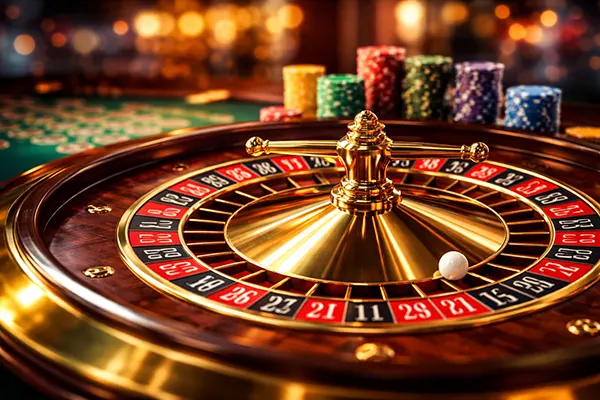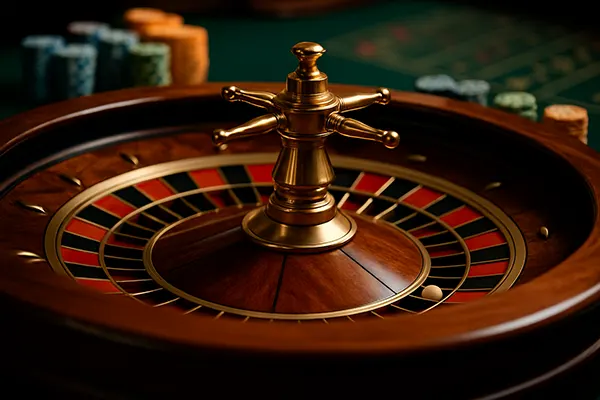
How Casinos Change Roulette Rules to Gain Advantage: What Every Player Should Know
Roulette is often perceived as a game of chance governed by simple rules and a fair balance between the house and the player. However, behind the elegant spin of the wheel, some casinos introduce subtle changes to shift the odds further in their favour. This article breaks down how such rule changes work, what they mean for the players, and how to identify them in practice.
Rule Tweaks That Tip the Odds
One of the most common methods used by casinos to increase their edge is the introduction of additional numbers on the wheel. While traditional European roulette has 37 pockets (0–36), some variants include a double zero (00) or even a triple zero (000), increasing the total to 38 or 39 numbers. This directly lowers the probability of winning bets for the player.
Another tactic involves modifying the payout structure. For example, while a standard single number bet pays out at 35 to 1, some roulette games reduce this to 34 to 1 or even lower. This change might seem minor, but it significantly increases the house edge over time, especially for frequent players or high-stakes tables.
Finally, some casinos implement stricter rules on bets like “en prison” or “la partage,” typically available in French roulette. By eliminating or modifying these options, the casino ensures that even-money bets are more advantageous to the house.
Recognising Subtle Variants
Casinos rarely announce these changes prominently. Instead, they rely on players’ unfamiliarity with the fine print. Games might be branded with attractive names like “Triple Bonus Roulette” or “Lightning Roulette,” disguising the less favourable odds under a layer of entertainment and excitement.
Observant players should always inspect the game rules before placing bets. Look for the number of zeroes on the wheel and verify if special rules apply to even-money wagers. Any deviation from the standard European format usually indicates a higher house advantage.
It’s also important to pay attention to payout rates. If a single number bet offers less than 35 to 1, that’s a clear indicator the game is skewed in favour of the house more than usual. Being aware of these small differences can help players make better-informed decisions.
The Role of Digital Roulette in Increasing House Edge
Digital and electronic roulette has become a staple in many gambling halls. These games often lack a live dealer and are entirely controlled by software, allowing the operators more freedom in adjusting settings and rules. Some digital roulette tables operate faster than live games, encouraging more bets per hour and, therefore, more opportunities for the house to win.
Additionally, digital roulette often includes promotional mechanics like multipliers or side bets. While they seem to offer extra excitement and bigger wins, they usually come with significantly lower odds and higher house edges. These features can mask unfavourable conditions under the guise of innovation and fun.
Automated wheels also allow for complex rule configurations that players may not immediately understand. Unless the rules are clearly displayed and players take time to read them, they may be unknowingly accepting poor conditions compared to traditional roulette.
Speed and Misperception
Speed plays a critical role in digital roulette’s profitability for casinos. Since spins occur faster, players place more bets within a shorter period. This accelerates losses in games with higher house edges, especially if players are unaware of the structural disadvantages they’re facing.
Moreover, the aesthetic of digital games can mislead players. Modern graphics and sound effects replicate the feel of a fair, classic roulette experience, but the underlying mechanics are often more complex and less transparent. Players should be cautious and investigate the return-to-player (RTP) values and terms provided.
To minimise risk, players should favour regulated digital tables that publish clear RTP rates and stick to the rules of European or French roulette, where the house advantage is traditionally lower.

Why Player Awareness Matters
Understanding how and why casinos alter roulette rules empowers players to make better choices. With knowledge comes the ability to avoid games that are rigged against the player from the start. Learning to recognise fair roulette setups is a foundational skill for anyone who takes the game seriously.
Choosing the right table can significantly impact a player’s chances over time. Opting for games with standard rules and favourable payouts isn’t just a preference—it’s a strategic necessity. The house always has an edge, but some versions of the game make it far more pronounced.
Casinos are businesses, and maximising profits is their goal. It is the player’s responsibility to stay informed, compare rules across different games, and avoid making assumptions based on appearances or branding.
Smart Playing Strategies
To protect their bankroll, players should follow a few key practices. First, always review the game’s paytable and wheel format before sitting down. Avoid triple-zero roulette and reduced-payout variants wherever possible.
Second, when available, prioritise French roulette. The presence of the “la partage” rule cuts the house edge on even-money bets in half, providing a significant advantage over American or digital variations.
Lastly, use a strict budget and don’t be tempted by flashy extras or fast-paced digital options unless you fully understand how they work. Awareness, not just luck, is what separates strategic players from casual losers in the long run.





